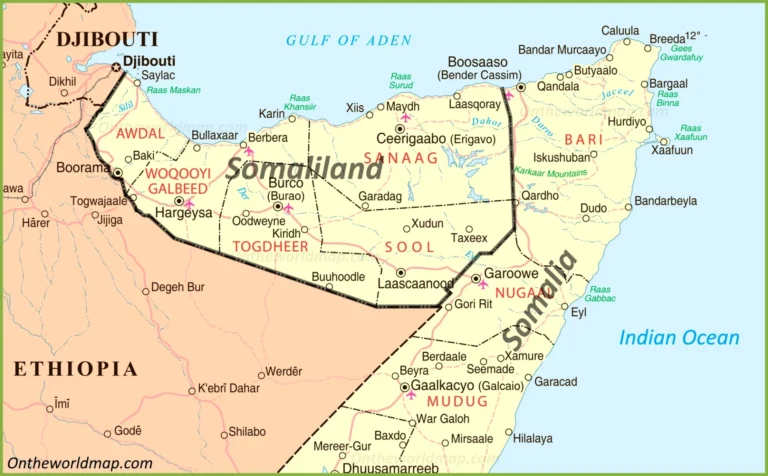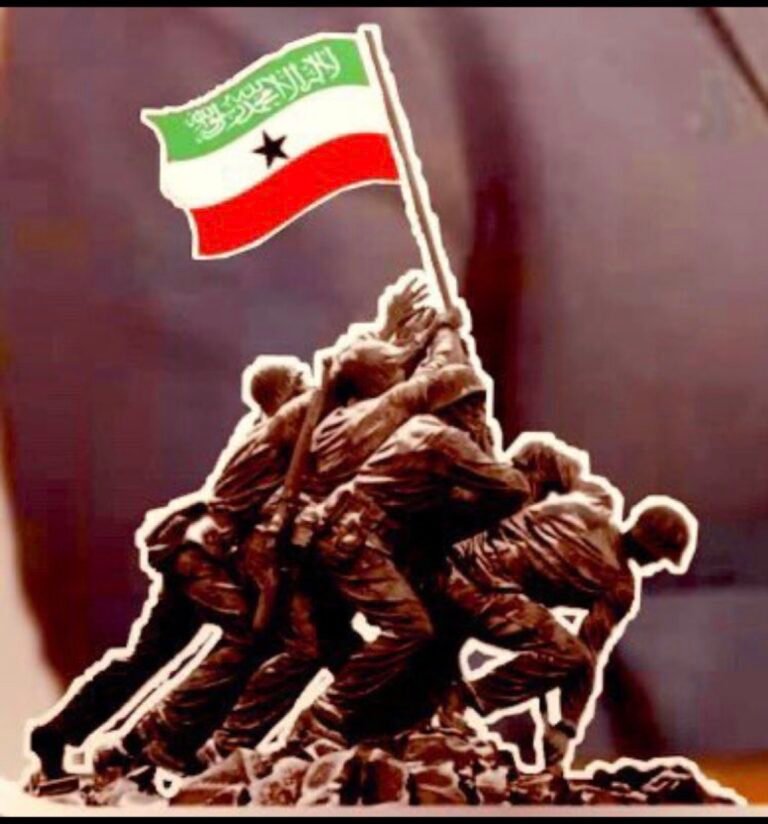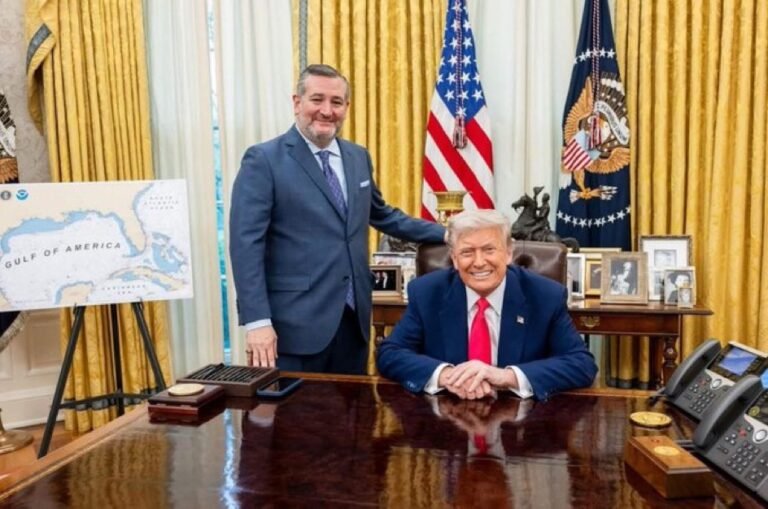
In less than six months since assuming office, President Abdirahman Mohamed Abdillahi Ciro has redefined Somaliland’s diplomatic trajectory and injected new energy into its long-standing quest for international recognition. With an astute combination of strategic visits, regional engagement, and diplomatic clarity, President Ciro has made it clear that Somaliland is no longer content with the status quo of de facto existence—it seeks, and may soon achieve, full global recognition.
His early diplomatic missions to the United Arab Emirates, Djibouti, and Kenya reflect a carefully constructed regional strategy. These visits are not mere symbolic gestures; they signal a deepening of ties in critical sectors such as economic development, trade, and security cooperation. The UAE’s economic clout, Djibouti’s geopolitical positioning, and Kenya’s role as a regional powerhouse all serve as essential pillars in Somaliland’s emerging foreign policy under President Ciro.
www.youtube.com/@bridgingsomaliland.com
But it is the upcoming visits to Ethiopia and the United States that have captured the attention of both regional observers and international analysts. Political insiders and Western diplomats have described these moves as the “final stage” of a long-overdue recognition process. Ethiopia, a nation with strong economic and security interests in the Horn of Africa, is poised to be the first to formally acknowledge Somaliland’s sovereignty. Its potential recognition could open the floodgates for others—namely the United Kingdom, the United States, and the UAE—to follow suit.
This momentum is not accidental. President Ciro has taken a principled, calculated approach, rooted in diplomacy and regional realism. He has distanced Somaliland’s international aspirations from emotional nationalism and instead reframed the issue as one of regional stability, economic logic, and democratic legitimacy.
Importantly, this diplomatic offensive also exposes the growing irrelevance of Villa Somalia’s opposition to Somaliland’s independence. For decades, Mogadishu has operated under the assumption that international partners would indefinitely uphold a one-Somalia policy. But with Somaliland’s stability, democratic credentials, and strategic location along the Red Sea, the world can no longer afford to ignore its case. The narrative is shifting—from questioning whether Somaliland should be recognized, to determining when and how.
President Ciro’s leadership marks a turning point. His administration is showing the world that Somaliland is not simply seeking recognition out of desire, but out of right, readiness, and necessity. As regional and global actors reconsider their stances, one thing is clear: Somaliland’s diplomatic endgame may finally be in sight—and President Ciro is the architect guiding the nation toward it.
The world must now decide whether to remain hostage to outdated paradigms or to embrace a new reality in the Horn of Africa—one where Somaliland stands not as a disputed territory, but as a sovereign partner in peace, prosperity, and regional cooperation.


